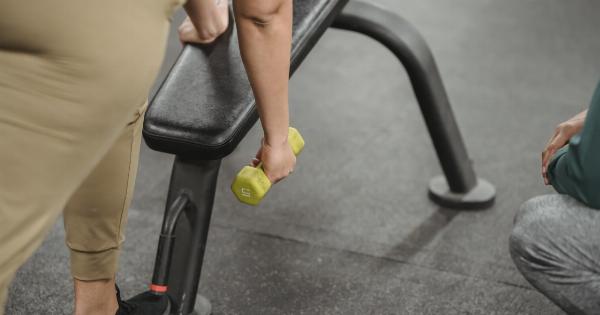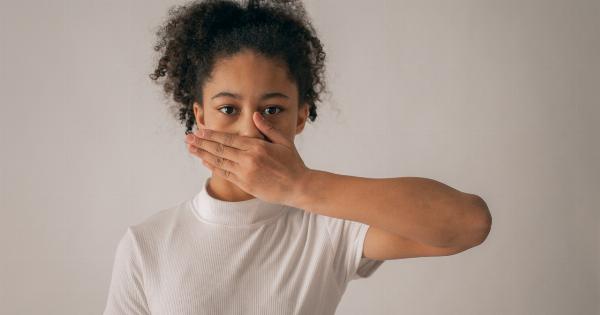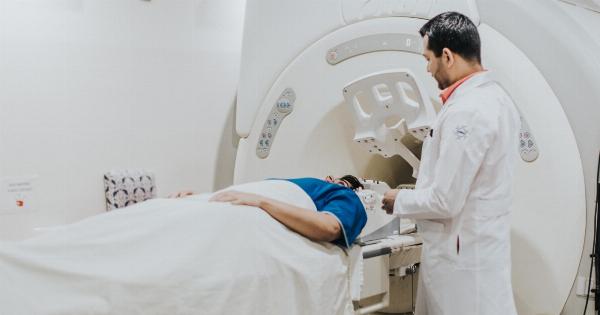Caffeine has become an integral part of modern life for many Americans. From morning jolts of coffee to afternoon pick-me-ups of energy drinks, it’s estimated that 90% of Americans consume caffeine regularly.
While caffeine is known for its stimulating effects on the central nervous system, there is growing concern about its potential connection to anxiety. In this article, we will explore the relationship between caffeine consumption and anxiety in the lives of Americans.
What is Caffeine?
Caffeine is a naturally occurring stimulant found in various plants, including coffee beans, tea leaves, and cocoa. It’s also synthetically produced and added to many beverages, medications, and even food products.
When consumed, caffeine acts as a central nervous system stimulant, blocking the effects of adenosine, a neurotransmitter that promotes sleep and relaxation.
How Caffeine Affects Anxiety
While caffeine can enhance concentration and improve alertness, it can also trigger or exacerbate symptoms of anxiety. Caffeine stimulates the release of adrenaline, a hormone responsible for the “fight or flight” response.
This surge in adrenaline can intensify feelings of restlessness, jitteriness, and nervousness, contributing to anxiety symptoms.
Addiction to caffeine can also play a role in anxiety. Regular consumption of caffeine leads to tolerance, requiring higher doses to produce the same effects.
Abruptly reducing or discontinuing caffeine intake can result in withdrawal symptoms, including anxiety, irritability, and difficulty concentrating.
Caffeine Consumption and Generalized Anxiety Disorder
Generalized Anxiety Disorder (GAD) is a chronic condition characterized by excessive and uncontrollable worrying. Individuals with GAD may experience persistent anxiety, fear, and tension, often without any specific trigger.
Many studies have explored the relationship between caffeine consumption and GAD, and the findings are mixed.
Some research suggests that caffeine consumption may increase the risk of developing or exacerbating symptoms of GAD.
A study published in the Journal of Psychiatry & Neuroscience found a positive association between daily caffeinated beverage consumption and GAD symptoms in individuals already susceptible to anxiety disorders.
On the other hand, some studies have failed to establish a significant link between caffeine consumption and GAD. The complexity of anxiety disorders and individual variations in response to caffeine make it challenging to draw definitive conclusions.
Caffeine and Panic Disorder
Panic Disorder is another anxiety disorder characterized by recurring panic attacks.
These attacks are sudden and intense episodes of fear and discomfort, often accompanied by physical symptoms such as heart palpitations, shortness of breath, and dizziness. Caffeine is known to trigger panic attacks in susceptible individuals.
A study published in the American Journal of Psychiatry found that a high dose of caffeine significantly increased the risk of a panic attack in individuals already diagnosed with Panic Disorder.
The research suggested that people with Panic Disorder should avoid or limit caffeine consumption to reduce the likelihood of panic attacks.
Caffeine and Social Anxiety Disorder
Social Anxiety Disorder, also known as social phobia, is characterized by a persistent fear of social situations. Individuals with social anxiety often experience intense worry about being judged or embarrassed in social interactions.
While caffeine can exacerbate anxiety symptoms in individuals with social anxiety, the relationship between caffeine and this specific disorder is less clear.
A study published in the Journal of Psychiatric Research found that caffeine consumption was associated with an increased risk of developing social anxiety symptoms in individuals with a history of panic attacks.
However, more research is needed to fully understand the impact of caffeine on social anxiety disorder.
Reducing Caffeine Intake for Anxiety Management
If you suspect that caffeine might be contributing to your anxiety symptoms, reducing or eliminating your intake can be a worthwhile experiment. Here are some tips to help you manage your caffeine consumption:.
1. Gradually reduce your caffeine intake: Abruptly stopping caffeine can lead to withdrawal symptoms, including increased anxiety. Slowly taper off your consumption to minimize these effects.
2. Consider alternative beverages: Explore decaffeinated options such as herbal teas, caffeine-free sodas, or even infused water. These can provide a similar sensory experience without the stimulant effects of caffeine.
3. Read labels carefully: Caffeine can hide in unexpected places such as chocolate, medications, and even some pain relievers. Familiarize yourself with the caffeine content of products to make informed choices.
4. Practice self-care: Managing anxiety involves more than just reducing caffeine intake. Engage in relaxation techniques, exercise regularly, get enough sleep, and maintain a balanced diet to support overall well-being.
Conclusion
Caffeine is deeply ingrained in the lives of many Americans, but its connection to anxiety cannot be ignored.
While some individuals may be more sensitive to its effects than others, it’s crucial to recognize the potential impact of caffeine consumption on anxiety symptoms. As with any lifestyle choice, moderation is key. Being mindful of your caffeine intake and its effects on your mental health can lead to a better understanding of your unique relationship with this widely consumed stimulant.



























